Health And Medicine
-
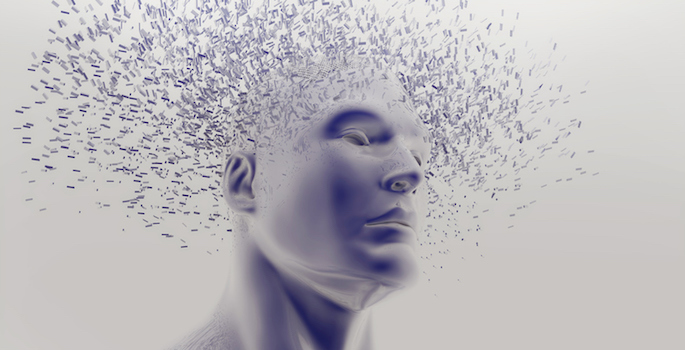
Brain aging occurs at accelerated rate in patients with psychosis
Normal brain aging patterns in patients with a psychotic disorder occur at an accelerated rate, impacting the patient’s cognitive functioning and suggesting treatment intervention in the early psychosis period may improve long-term outcomes. Read MoreMar 7, 2019
-
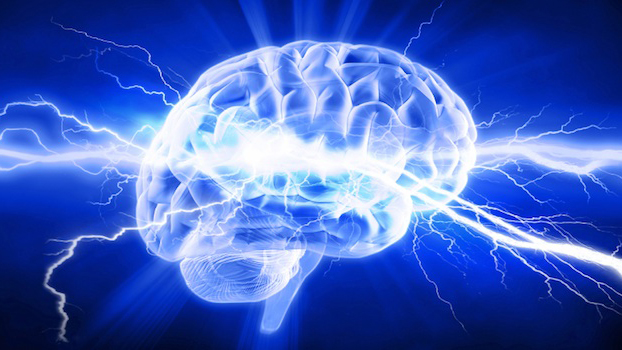
Vanderbilt scientists report new modeling of brain signaling
Heidi Hamm and colleagues have reported the first animal model of a "shut-off valve" for neurotransmitter and hormone release through SNARE complex-mediated membrane fusion. Read MoreMar 7, 2019
-

Novel DNA repair mechanism preserves genome integrity: study
David Cortez and colleagues have discovered a new DNA repair mechanism. Read MoreFeb 28, 2019
-
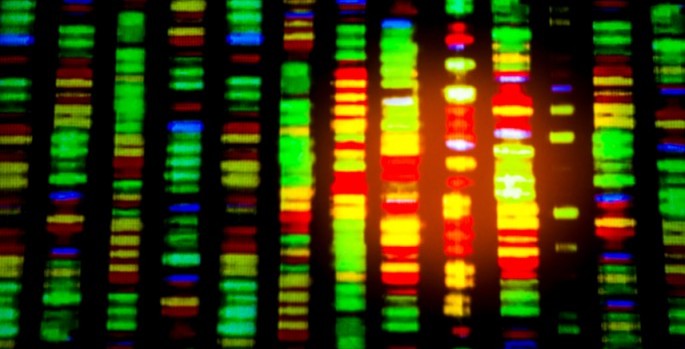
Investigators map genomic landscape of very rare cancer
A team of Vanderbilt researchers mapped out the genomic landscape of a metastatic malignant proliferating tricholemmal tumor and identified a targeted treatment for this very rare cancer. Read MoreFeb 28, 2019
-

Gene identified that increases risk of antibiotic reaction
Researchers at Vanderbilt University Medical Center and colleagues have identified a gene that increases the risk for a severe and potentially life-threatening reaction to the commonly prescribed antibiotic vancomycin. Read MoreFeb 28, 2019
-

Protein loss promotes cell migration
Loss of the protein STK17A may contribute to metastasis of colorectal cancer. Read MoreFeb 28, 2019
-

Personalized pain management
People with low levels of endocannabinoids, which stimulate the same brain receptors turned on by the active ingredient in marijuana, experience greater pain relief from opioids than those with high levels. Read MoreFeb 28, 2019
-

New lipid shape atlas holds key to early disease detection
A team of Vanderbilt University chemists started decoding the total human molecular picture by examining 456 variations of one class of molecule, lipids. Read MoreFeb 28, 2019
-

Study links Celebrex, heart valve calcification after earlier research declared drug safe
A big-data analysis of patient records at Vanderbilt University has found a link specifically between Celebrex and heart valve calcification. Read MoreFeb 22, 2019
-

Vanderbilt collaboration yields promising compound to treat arrhythmia
In addition to establishing potency, the team’s tests on cells and, later, mice showed that even high doses of the compound caused no ill effects. Read MoreFeb 21, 2019
-

Skin diseases study uses crowdsourcing to gather data
Identifying and quantifying skin lesions often requires hours of tedious visual inspection by experts, making it difficult to study a lot of them at once. Eric Tkaczyk and Daniel Fabbri have found that training multiple non-experts to do basic evaluations can achieve comparable results. Read MoreFeb 21, 2019
-

VUMC chikungunya antibody set to enter clinical trial
A monoclonal antibody against the chikungunya virus developed by researchers at Vanderbilt University Medical Center is the first monoclonal antibody encoded by messenger RNA to enter a clinical trial. Read MoreFeb 21, 2019
-

Discovery of new “checkpoint” points to new cancer immunotherapy option
An international team involving Vanderbilt researchers has discovered that a new “checkpoint” protein on immune system cells is active in tumors, and that blocking it — in combination with other treatments — is a successful therapeutic approach in mouse models of cancer. Read MoreFeb 21, 2019
-

Research shows frogs can adapt to traffic noise
Frogs don’t like living near noisy highways any better than people do, but research from Vanderbilt suggests that frogs, like hardened city-dwellers, can learn to adapt to the constant din of rumbling trucks, rolling tires and honking horns. Read MoreFeb 21, 2019
-
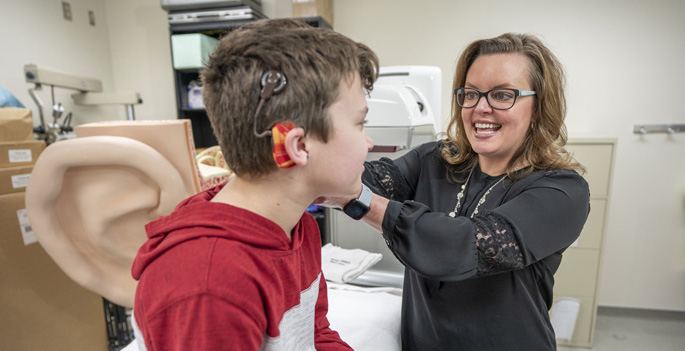
Study takes personal approach to cochlear implant programming
Vanderbilt University Medical Center recently received a $3.9 million grant from the National Institutes of Health to improve outcomes for children with significant hearing loss by providing individualized, prescription-like programming for their cochlear implants. Read MoreFeb 21, 2019
-
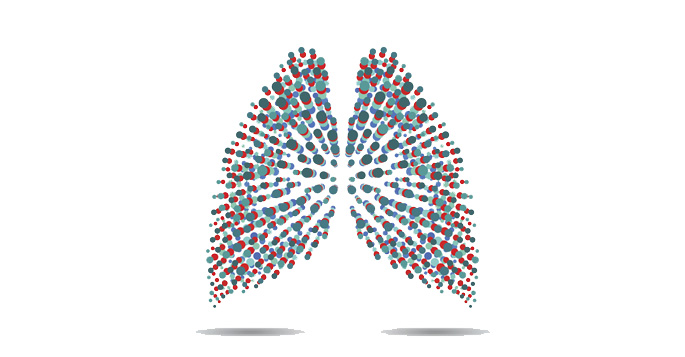
New algorithm calculates drug synergy; initial tests involve melanoma, lung cancer
Drug combinations used for the treatment of non-small-cell lung cancer (NSCLC) and melanoma aren’t as effective as they could be. Oncologists haven’t had the right tools to predict drug interactions, other than in costly clinical trials. That could change with a new algorithm developed by a cross-disciplinary Vanderbilt University team… Read MoreFeb 20, 2019
-

Study finds children with autism more likely to face maltreatment
Middle Tennessee children with autism spectrum disorder are 2.5 times more likely than children without ASD to be reported to the Child Abuse Hotline by age 8. Read MoreFeb 15, 2019
-
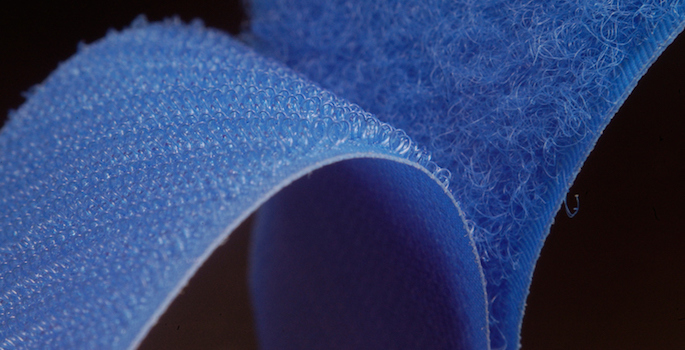
Adhesion protein optimizes border
Matthew Tyska and colleagues have found that an adhesion protein in the gut is necessary for proper intestinal functioning. Read MoreFeb 15, 2019
-

Modulating stress circuits
Danny Winder and colleagues have demonstrated how norepinephrine and a stress factor call CRF interact, which may lead to new treatments for stress-related disorders. Read MoreFeb 15, 2019
-

The balancing act of cell signaling
Lawrence Marnett and colleagues have demonstrated how two enzymes cooperate to maintain even levels of an important cellular signaling molecule. Read MoreFeb 15, 2019